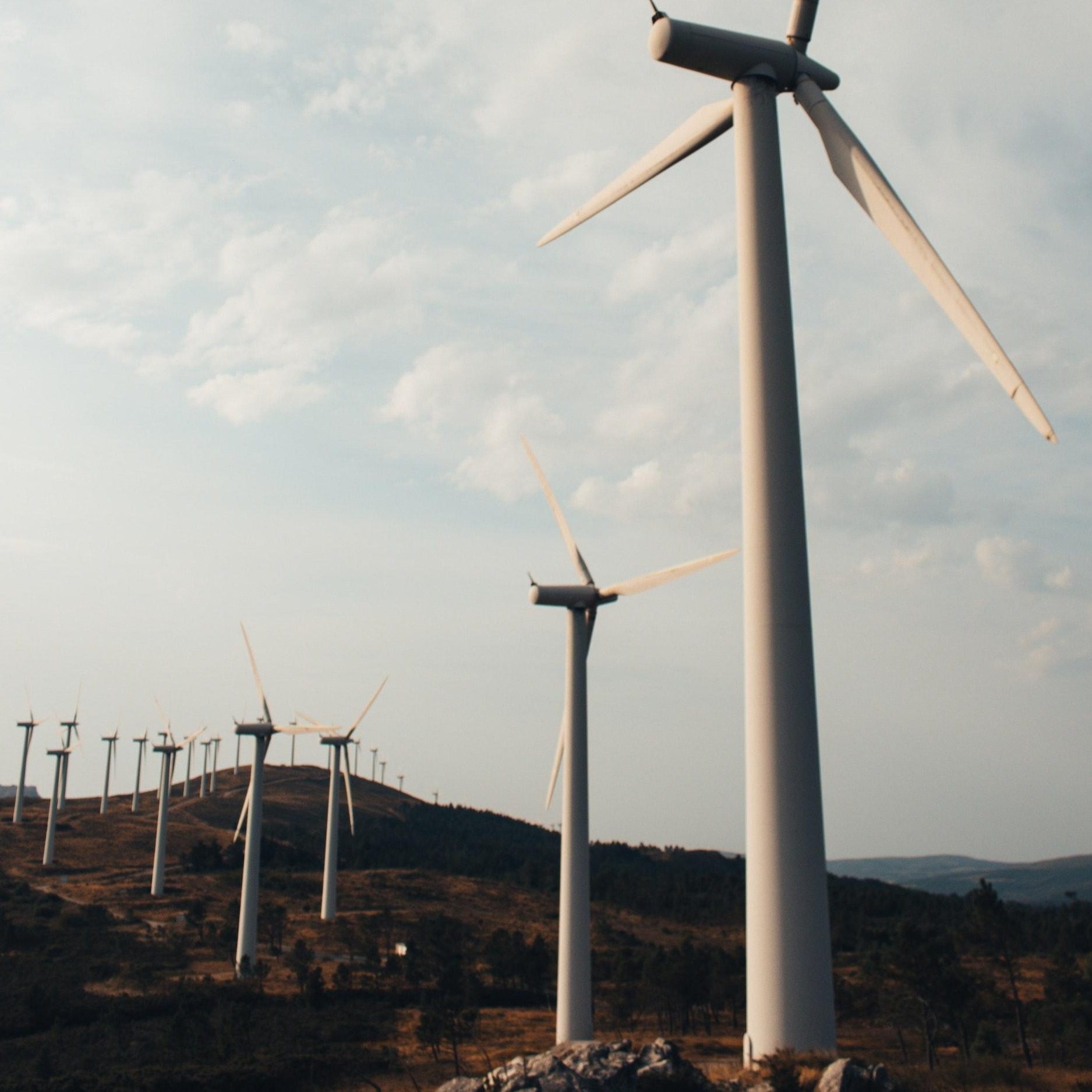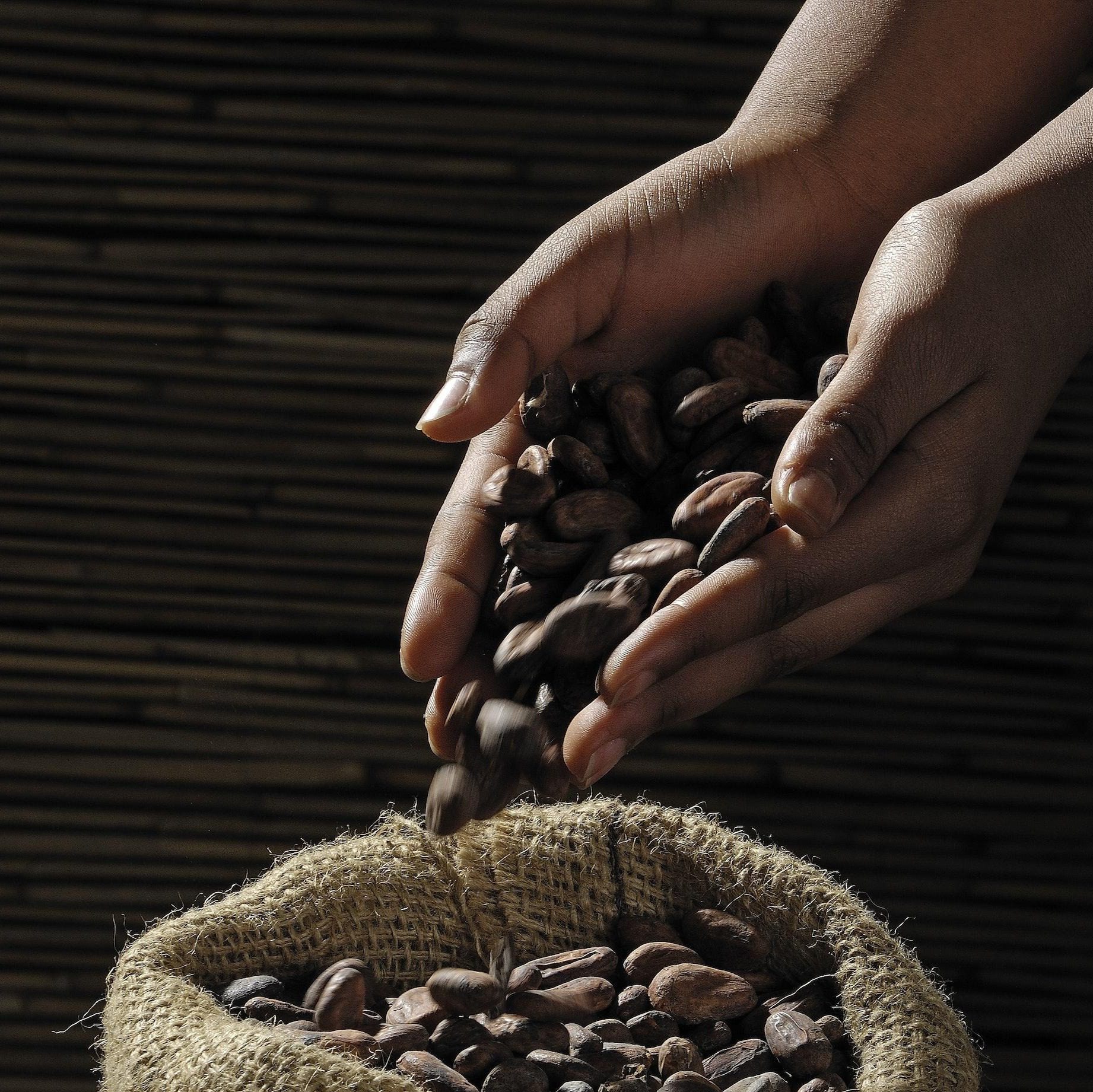OIL PRICE DROPS BELOW BUDGET BENCHMARK, AS OUTPUT STAGNATES
There are indications that Nigeria’s 2024 national budget may have come under funding threats following sustained decline in oil price amidst stagnation in crude oil output level. Nigeria’s budget is funded from oil revenue by over 70 percent. Price of Bonny Light, Nigeria’s premium grade, yesterday dropped to $76.54 per barrel, from over $80 per barrel average price recorded in May 2024, indicating a shortfall of 1.8 per cent, compared to the 2024 budget reference price of $77.97 per barrel. This comes a few weeks after the report of the Nigerian Upstream Petroleum Regulatory Commission, NUPRC, had put the nation’s oil output at 1.4 million bpd, including condensate. In its May Monthly Oil Market Report, MOMR, the Organisation of Petroleum Exporting Countries, OPEC, also put Nigeria’s oil output, excluding condensate at 1.28 million bpd, in April 2024. Checks by Vanguard indicated that there were not much concerns last month over the drop in the nation’s oil output as the price of crude remained relatively high at over $80 per barrel. It also showed that for the first time in 2024, there were increased concerns, yesterday, when the nation’s oil performed badly in terms of price and output, considering that the nation’s 2024 budget was benchmarked on $77.97 per barrel and 1.70 million bpd, including condensate. In an interview with Vanguard, the National President, Oil and Gas Service Providers Association of Nigeria, OGSPAN, Mazi Colman Obasi, said: “Oil remains the backbone of Nigeria’s economy. Efforts should be made to produce more oil while protecting it from being stolen to ensure budget targets are met.
NIGERIA’S ECONOMY’LL HIT $1.85TN BY 2029, IMF PREDICTS
The International Monetary Fund has predicted that Nigeria’s economy will reach $1.85tn by 2029, in Purchasing Power Parity terms. This forecast suggests a significant growth trajectory for the country’s economy over the next five years. According to the IMF data obtained by PUNCH Online, Nigeria’s Gross Domestic Product in PPP terms has been steadily increasing, from $1.36tn in 2023 to $1.852tn in 2029. GDP is the most commonly used single measure of a country’s overall economic activity. PPP is a theory that relates changes in exchange rates to changes in price levels between countries, allowing for more accurate international comparisons of economic data. The data shows a consistent growth trend, with a notable increase of 5.5 per cent expected in 2029. The Fund also predicted Nigeria’s share of global GDP based on PPP to reach 0.78 per cent by 2029. This represents a slight increase from 0.77 per cent in 2023, indicating a steady growth trajectory for the country’s economy. The data suggests that Nigeria’s economy is gradually expanding, albeit slowly, and is expected to continue this trend over the next five years. The country’s share of global GDP has remained relatively stable, fluctuating between 0.775 per cent and 0.778 per cent from 2024 to 2028. Economists believe that this positive outlook is a testament to the country’s efforts to diversify its economy, invest in infrastructure, and promote foreign investment. Nigeria, Africa’s largest economy, has faced significant challenges in recent years, including a recession in 2020 caused by the COVID-19 pandemic and a decline in oil prices
UN SEEKS $4.7BN FOR 21M NIGERIAN IDPS, OTHERS
The United Nations Office for the Coordination of Humanitarian Affairs has said that humanitarian partners will need $4.7bn to assist 20.9 million vulnerable people in parts of Nigeria, Chad, and five other African countries. This was disclosed in its 2024 Humanitarian Needs and Requirement Overview report published on its website on Thursday. The Sahel is a region of Africa separating the Sahara Desert to the north and tropical savannas to the south and covers Nigeria, Burkina Faso, Cameroon, Chad, Mali, Mauritania, Niger, and Senegal. The OCHA urged the international community to give generously to ensure the region’s humanitarian response plans can be implemented fully by the end of the year. According to the UN agency, the lives of 32.8 million people across the Sahel are affected by a complex and interlinked web of crises, which are exacerbated by instability, a deteriorating security situation, and the effects of climate change. The statement added that the development was leaving them in need of humanitarian assistance and protection services. It noted that across the Sahel, growing violence and conflict threaten lives and livelihoods, forcing families to flee their homes and preventing access to basic social services. In Nigeria, the UN noted that 7.9m persons from Borno, Adamawa, and Yobe states are people in need, but the agency will target 4.4m people with the required funding of $926.5M. It further disclosed that 2.2 million children in the area were deprived of their right to education due to school closures, 1,263 health centres are closed while the region hosts two million refugees and asylum seekers aside from 5.6 million internally displaced persons many of whom have faced multiple displacements. “Humanitarian partners require US$ 4.7 billion in 2024 to meet the urgent needs of 20.9 million people in Burkina Faso, Cameroon’s Far North Region, Chad, Mali, Niger, and Nigeria’s Adamawa, Borno and Yobe states.
NIGERIA’S FX RESERVE RISES TO $32.8BN AFTER 10-WEEK SLUMP
After a 10-week dip of $1.8bn, Nigeria’s foreign exchange reserve has shown a steady increase over the past six days, indicating a recovery process for the economy’s external reserve. According to data obtained by PUNCH Online from the Central Bank of Nigeria’s website on Sunday, the foreign reserve stood at $32.80bn on June 6, 2024, indicating an increase of $110m from $32.69bn on May 31. This upward trend has been consistent over the past six days, with the reserve increasing from $32.74bn on June 3 to $32.77bn on June 4 then $32.79bn on June 5 before the current value. The steady increase in the foreign reserve is a welcome development for the Nigerian economy, which has faced challenges in recent times. The PUNCH reported that the reserve had dipped by $1.8bn between March 18 and May 29, 2024, sparking concerns about the country’s ability to meet its financial obligations. However, the recent increase suggests that the economy is on the path to recovery. The foreign reserve is a critical component of a country’s economic health, as it serves as a buffer agains economic shocks and provides the means to settle international obligations.With this steady increase, Nigeria’s foreign reserve is expected to continue to grow, bolstering investor confidence and supporting economic growth. PUNCH Online reported that the naira rebounded against the United States dollar in late March at the official and parallel markets, with the local currency recording a significant gain against the greenback at the black market.
SELL PRESSURES DEPRESS STOCK MARKET
Profit taking activities in the shares of some blue chip companies drove the stock market to the negative region last Specifically, sell pressure in Transnational Corporation of Nigeria, Transcorp Plc, which recorded 11.2 percent price decline and United Bank for Africa, UBA Plc, which also saw a 5.4 percent decline drove a 0.1 percent depreciation in the All Share Index, ASI. Consequently, the all share index which started the week at 99,300.38 points fell to 99,221.14 points. This marginal decline translated into a N44 billion loss wiped off from the wealth of equity investors, even as the exchange recorded 33 weekly gainers against 37 weekly decliners on the back of weak market sentiment. Analysis of the sectoral performance showed a mixed performance as banking and the oil and gas sectors depreciated by 0.6 percent and 0.2 percent respectively, while the insurance and the consumers goods sectors advanced by 0.8 percent and 0.3 percent respectively. Meanwhile, the industrial goods sector closed flat. Analysing activity levels, trading volume, and value declined by 22.2 percent and 2.6 percent to 1.70 billion units and N30.49 billion respectively. In their prognosis, analysts at Cowry Asset Management said: “Looking ahead to the next week, a mixed trend is expected, driven by profit-taking activities, the publication of third-quarter earnings forecasts by corporates, and portfolio rebalancing. week, even as investment analysts have posited that market sentiment will remain largely bearsh this week.
- CAPITALDIGEST MARKET REVIEW, 09/02/2026February 9, 2026
- CAPITALDIGEST DAILYNEWS, 09/02/2026February 9, 2026
- CAPITALDIGEST MARKET REVIEW, 02/02/2026February 2, 2026
Enter your email address for receiving valuable newsletters.
- CAPITALDIGEST MARKET REVIEW, 09/02/2026U.S. DOLLAR REBOUND TO BE CUT SHORT BY RATE CUT BETS, DOUBTS OVER FED INDEPENDENCE:...February 9, 2026
- CAPITALDIGEST DAILYNEWS, 09/02/2026TAXES, FUEL HIKE SLOW BUSINESS GROWTH IN JANUARY – NESG REPORT The report showed that...February 9, 2026
- CAPITALDIGEST MARKET REVIEW, 02/02/2026DOLLAR WEAKENS ACROSS THE BOARD AS YEN CLIMBS ON INTERVENTION RISK The dollar moved sharply...February 2, 2026












